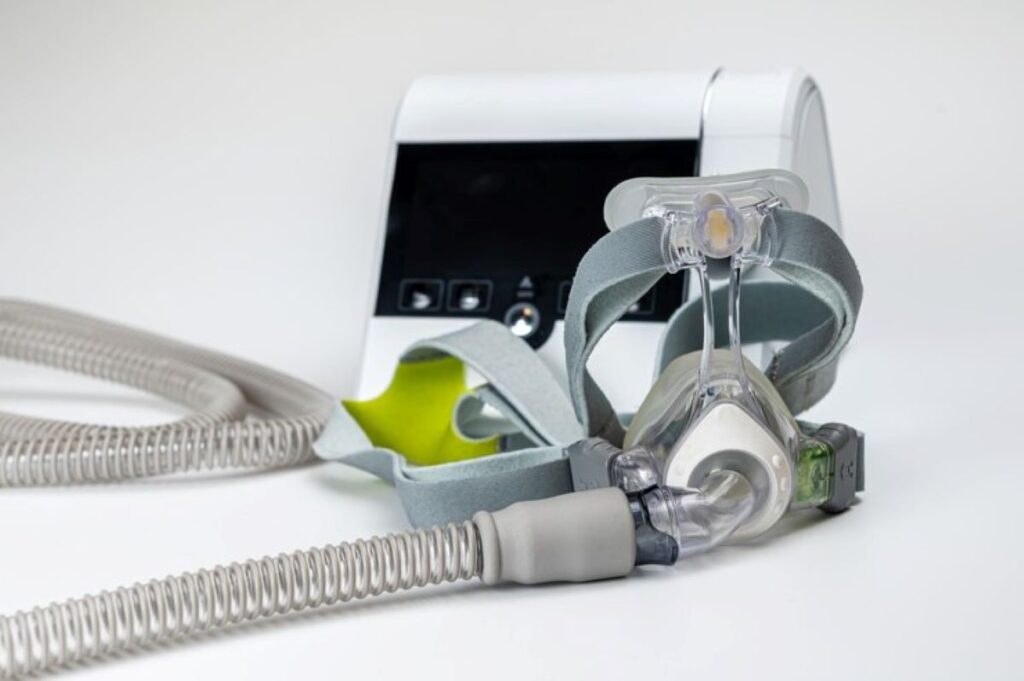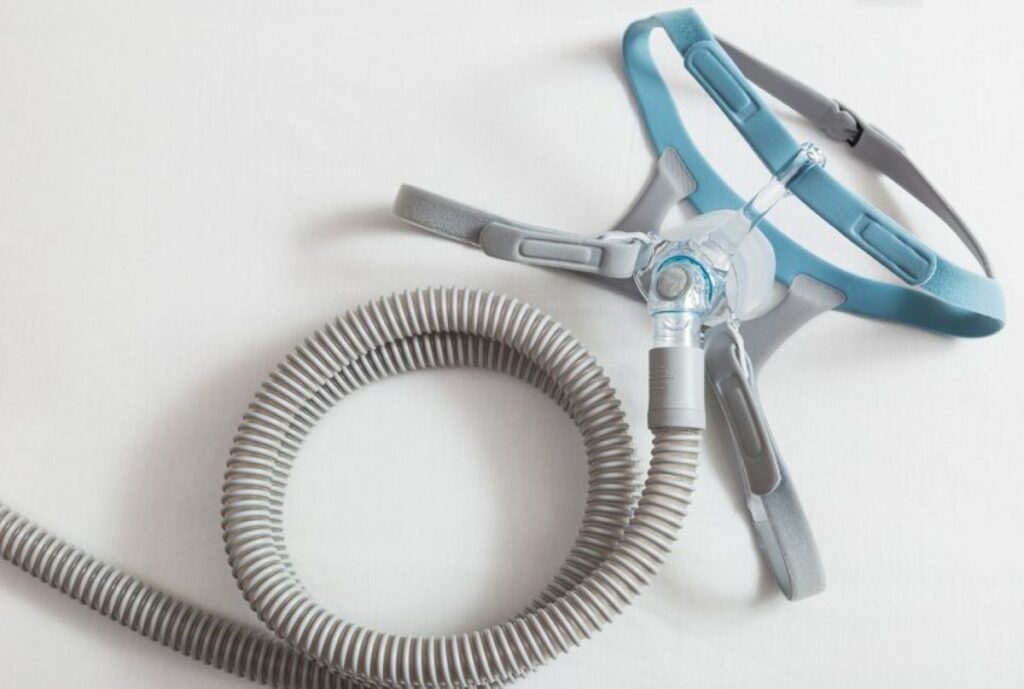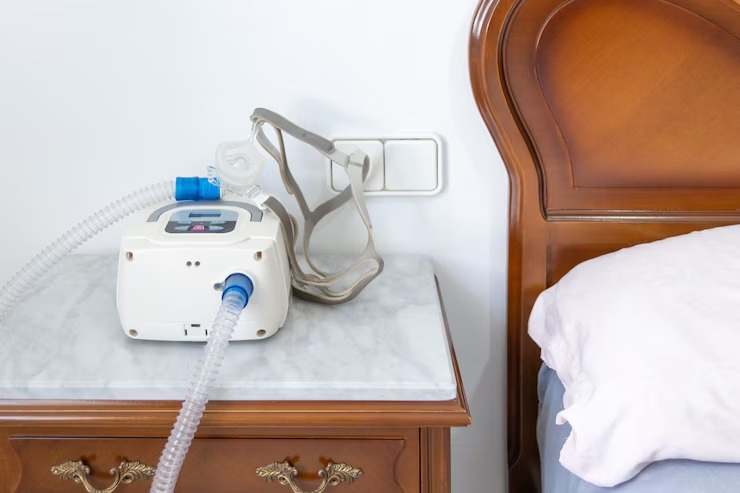For many people, a good nbest cpap machineight’s sleep can feel elusive, particularly for those grappling with sleep-related disorders. One of the most prevalent issues is sleep apnea, a condition that can drastically reduce your sleep quality. Thankfully, continuous positive airway pressure (CPAP) machines have emerged as one of the most effective treatments. This article delves into understanding sleep apnea, the role of CPAP machines, and factors to consider when selecting one to enhance your overall sleep experience.
Understanding sleep apnea and its impact on sleep quality
Sleep apnea is a specific disorder characterised by repeated interruptions in breathing during sleep. These interruptions can last from a few seconds to minutes and may occur multiple times throughout the night. It’s essential to understand the condition, as untreated sleep apnea can lead to severe health complications, such as hypertension, heart disease, and strokes.
What is sleep apnea?
Sleep apnea primarily falls into two categories: obstructive sleep apnea (OSA) and central sleep apnea (CSA). OSA, the more common form, is caused by a physical blockage of the throat, usually when the soft tissue at the back of the throat collapses and closes during sleep. On the other hand, CSA occurs when the brain fails to send the appropriate signals to the muscles responsible for breathing. A less common type, complex sleep apnea syndrome, features a combination of both OSA and CSA, complicating the diagnosis and treatment process.
How does sleep apnea affect your sleep?
The effects of sleep apnea on sleep quality are profound. Individuals with this condition often experience disturbed sleep, leading to a decrease in the amount of deep sleep. This can result in excessive daytime fatigue, irritability, and a reduced ability to concentrate. If you find yourself feeling exhausted despite having seemingly adequate sleep, it may be worth investigating all potential causes, including sleep apnea. Furthermore, the fragmented sleep caused by apneic episodes can lead to a vicious cycle of sleep deprivation, where the body struggles to recover from the cumulative effects of poor rest.
In addition to the immediate consequences on daily functioning, sleep apnea can also have long-term repercussions on mental health. Studies have indicated a strong correlation between sleep apnea and mood disorders such as depression and anxiety. The constant struggle for restful sleep can exacerbate feelings of stress and hopelessness, creating a challenging environment for those affected. Furthermore, the social implications of sleep apnea, such as snoring and daytime drowsiness, can strain relationships and diminish quality of life, making it crucial for individuals to seek help and explore treatment options.
The role of CPAP machines in treating sleep apnea
CPAP machines play a crucial role in the effective management of sleep apnea. By providing a constant stream of air through a mask that you wear during sleep, these machines keep your airways open, preventing the interruptions to your breathing.
What is a CPAP machine?
A CPAP machine is a device specifically designed to treat sleep apnea. It consists of three main components: the machine itself, the tube connecting it to the mask, and the mask worn over the nose or mouth. Together, these elements work seamlessly to deliver air pressure that counters the tendency of your throat muscles to collapse during sleep. The design of the mask can vary significantly, with options available for those who prefer a full-face mask, nasal mask, or nasal pillows, ensuring that users can find a comfortable fit that suits their needs.

How does a CPAP machine work?
When you wear a CPAP mask, the machine draws in room air and gently pressurises it. The pressurised air flows through the tube and into your airway, keeping it open throughout the night. This constant airflow helps patients experience deeper and more restorative sleep, enabling them to wake up feeling refreshed and revitalised. For individuals with sleep apnea, using a CPAP machine can be life-changing. Not only does it alleviate the symptoms of sleep apnea, such as loud snoring and daytime fatigue, but it also significantly reduces the risk of associated health issues, including cardiovascular problems and diabetes, which can arise from untreated sleep disorders.
Moreover, the integration of modern technology into CPAP machines has led to the development of features such as automatic pressure adjustments, humidifiers to add moisture to the air, and even connectivity options that allow users to track their sleep patterns through smartphone apps. These advancements not only enhance the user experience but also provide valuable data that can help healthcare providers tailor treatment plans more effectively. As awareness of sleep apnea continues to grow, the role of CPAP machines in improving overall health and quality of life cannot be overstated, making them an essential tool in the fight against this common yet often overlooked condition.
Factors to consider when choosing a CPAP machine
Choosing the best CPAP machine is essential to ensure that you consistently use it and receive the maximum benefits. Here are some significant factors to consider while selecting a machine tailored to your needs.
Comfort and fit
Comfort is paramount when it comes to CPAP machines. A well-fitting mask is crucial for effective treatment; if the mask is uncomfortable, you may struggle to wear it throughout the night. Different types of masks are available, including nasal masks and full-face masks, so it’s important to try various options to find one that suits you best. A comfortable fit means you’re more likely to adhere to your treatment. Additionally, consider the material of the mask; hypoallergenic options can be beneficial for those with sensitive skin or allergies, ensuring that your nightly therapy remains as pleasant as possible.
Noise level
The noise generated by CPAP machines can be a concern for some users. Fortunately, many modern models are designed to be quieter than their predecessors, with noise levels that won’t disturb you or your partner during the night. If noise sensitivity is an issue for you, investigating sound ratings before making a purchase is prudent. Furthermore, some machines come equipped with advanced technology that not only reduces noise but also provides a soothing ambient sound, which can enhance your overall sleep experience by masking disruptive noises in your environment.
Portability and ease of use
For those who travel frequently or have a hectic lifestyle, portability is another key consideration. Lightweight and compact CPAP machines can simplify travel while ensuring you continue your therapy away from home. Additionally, ease of use is fundamental; look for models with user-friendly interfaces, easy-to-clean components, and intuitive features. Some machines even offer built-in humidifiers, which can be a significant advantage for users in dry climates, as they help maintain moisture levels in the air, making your therapy more comfortable and effective. Moreover, consider the availability of power options; machines that can operate on battery power or have universal voltage capabilities can be particularly useful for international travel, ensuring that you never miss a night of essential treatment.
Different types of CPAP machines
There’s a range of CPAP machines available, each designed to cater to different needs. Understanding your options can help you make an informed decision.
Standard CPAP machines
The most basic form of CPAP therapy is the standard CPAP machine, delivering a continuous flow of air at a preset pressure. This consistency can be beneficial for those with mild to moderate sleep apnea, ensuring that you receive the necessary support throughout the night.
Auto-adjusting CPAP machines
Auto-adjusting CPAP machines, or APAPs, differ from standard units as they automatically adjust the air pressure throughout the night based on your breathing patterns. This means you receive the optimal pressure tailored to your needs at any given moment, making it a more versatile choice for those whose symptoms may fluctuate.
Bi-level positive airway pressure machines
Bi-level positive airway pressure (BiPAP) machines are designed for individuals who find comfort in varying pressures. These machines provide higher pressure for inhalation and lower pressure for exhalation, which can make it easier for users who struggle with standard CPAP devices. BiPAP machines are often recommended for those with more severe sleep apnea or specific health conditions.

Maintaining and cleaning your CPAP machine
Proper maintenance and cleaning of your CPAP machine are crucial for ensuring its longevity and your health. Regular upkeep helps prevent mould and bacteria build-up, which can lead to respiratory issues.
Daily cleaning routine
Every day, after using your CPAP machine, you should wipe down the mask with a damp cloth or special wipes designed for CPAP care. Additionally, rinse out the humidifier chamber with warm water to keep it free of contaminants. Regularly checking the tubing for any signs of wear will further ensure optimal functionality.
Weekly deep cleaning
In addition to the daily routine, a weekly deep cleaning is recommended. Disassemble the machine and thoroughly wash all components with mild soap and warm water, ensuring each item is completely dried before reassembling. A weekly deep clean significantly reduces the risk of respiratory infections and keeps your machine running efficiently.
In conclusion, finding the best CPAP machine for your needs may require some time and research, but it’s well worth the effort. By understanding sleep apnea, exploring your CPAP options, and maintaining your equipment properly, you can significantly improve your sleep quality and overall health.
More to Read : Comparing the Top CPAP Machines Australia for Quality and Performance

